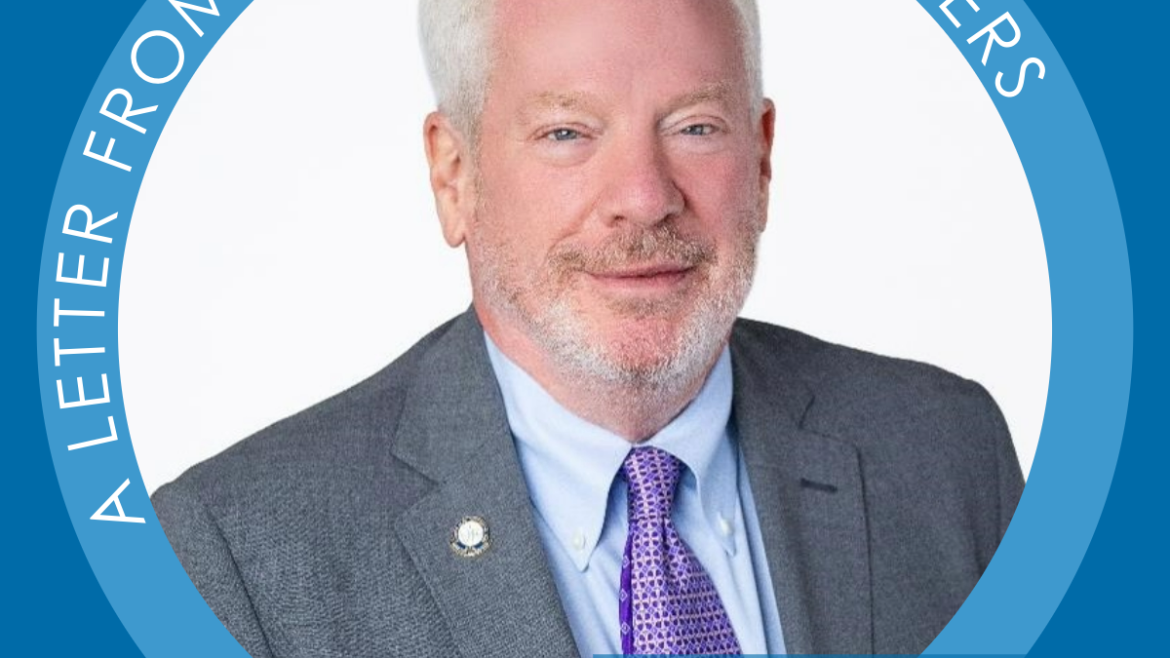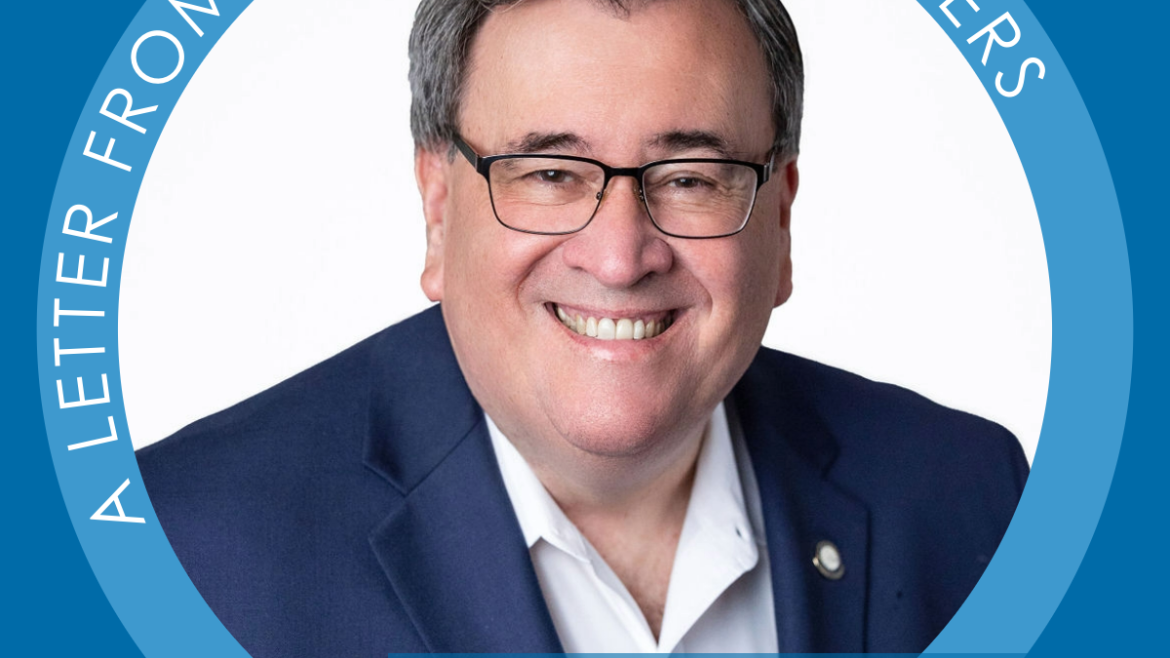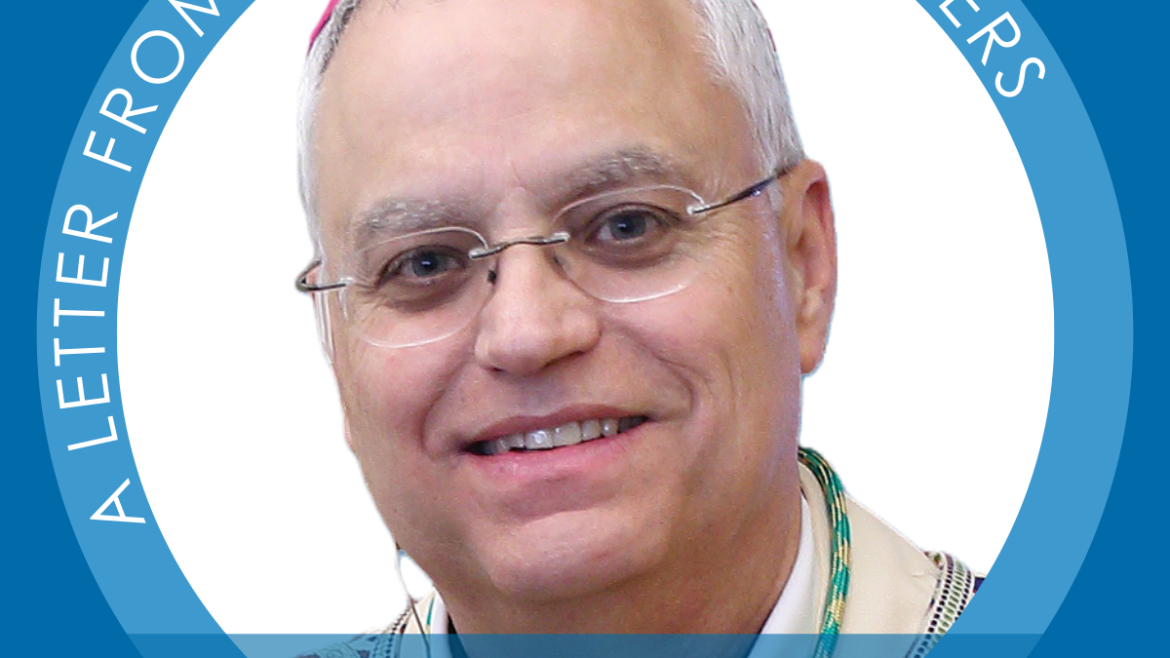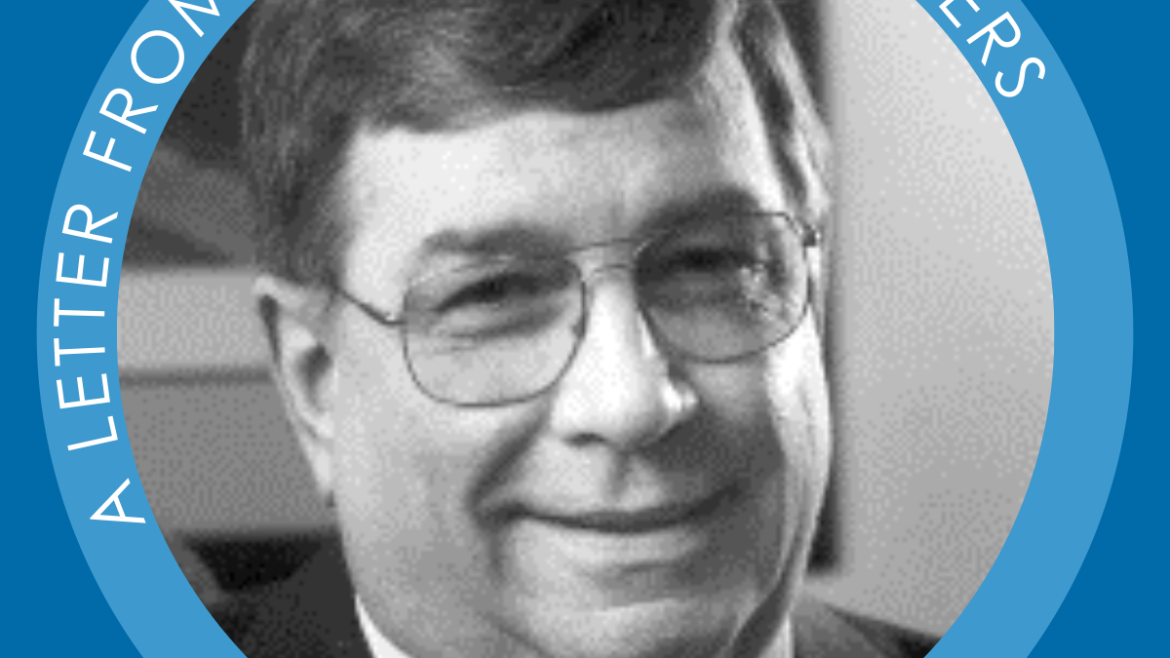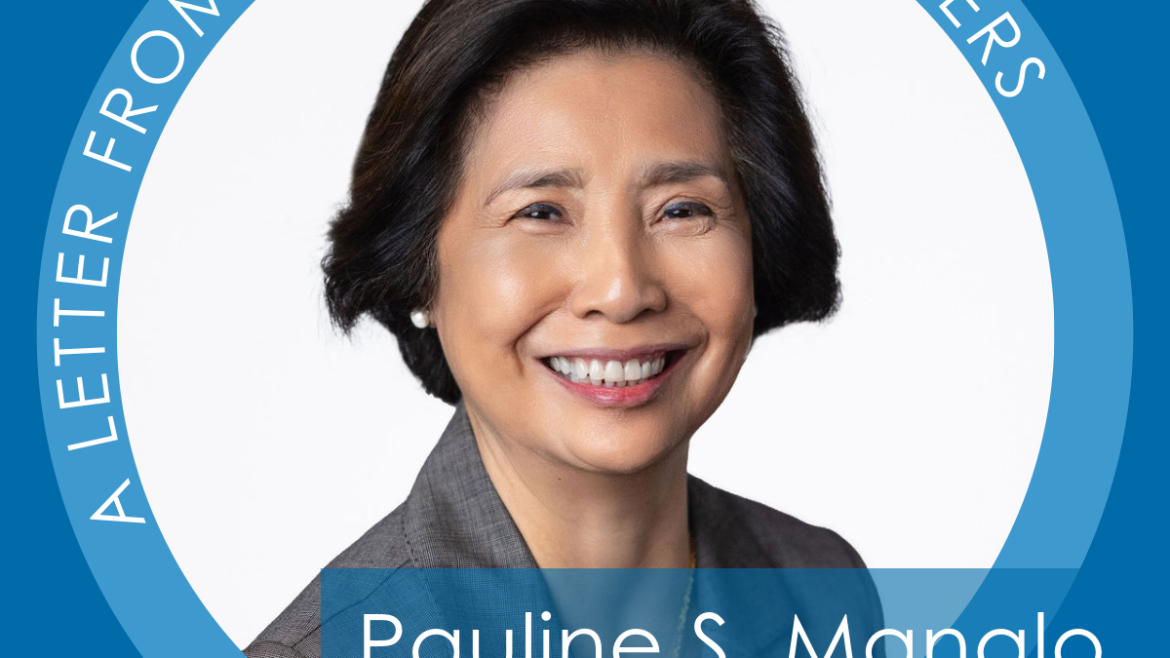My last Servant Leader column on Encounter generated quite a few comments and discussions. That is great, because these columns should be opportunities for us to exchange thoughts and ideas, not just read what someone else has to say.
I wanted to continue the discussion for another week, with a few thoughts and clarifications generated from the exchanges from two weeks ago.
Some people mistakenly got the impression that I was advocating the elimination of the term Home Visit completely and replacing it with Encounter. That is wrong. Home Visits are what they are: Home Visits. All Home Visits are Encounters with those we serve.
But not all Encounters are Home Visits, and that is the point. Our service to people in need goes well beyond the Home Visit, and therefore, we must speak in a more inclusive way about what we do to make sure that we make ALL Vincentians feel welcome and valued in the work they do.
Some people asked why I am even advocating for this new “weird” term. Why do we have to change?
This is my answer.
As Christians, we are called not just to act with charity, but to infuse our actions with the love and presence of Christ. This calling goes beyond mere acts of kindness; it requires us to engage deeply and spiritually with those we serve.
When we talk about charity, the first image that often comes to mind is giving: giving food to the hungry, clothes to the naked, shelter to the homeless. These acts are indeed vital, and Jesus emphasized their importance in the Gospel of Matthew 25. However, Jesus also calls us to a deeper level of engagement. He calls us to see His face in those we serve, to recognize the divine image in every person we encounter. This is the essence of a spiritual encounter in charitable relationships.
A spiritual encounter transforms charity from a transactional act into a relational and sacramental experience. It is not just about what we give but how we give it — and the spirit in which we engage with others. When we allow our acts of charity to be infused with prayer, compassion, and genuine love, we offer more than just material assistance; we offer the healing presence of Christ.
The spiritual encounter in charitable relationships also enriches the giver. When we open our hearts to truly see and engage with those we serve, we too are transformed. We begin to understand the depth of human suffering, resilience, and the beauty of human dignity. This transformation fosters a deeper connection with God, as we become more attuned to His presence in the world around us.
Spiritual encounters in charitable relationships help to break down barriers of prejudice and indifference. When we see others through the eyes of Christ, we can no longer categorize them as “the needy” or “the less fortunate.” Instead, we recognize them as brothers and sisters, equal in dignity and deserving of our love and respect. This recognition compels us to address not just the symptoms of poverty and suffering but their root causes, striving for justice and systemic change, as called for by Blessed Frédéric Ozanam.
In our work as Vincentians, we can engage in these spiritual encounters through all our many services (not just Home Visits) by being present, listening with empathy, and praying for and with those we serve.
We must understand that every act of charity, no matter how small, can be a conduit for God’s love if done with a pure heart. Blessed Frédéric said, “No act of charity is foreign to the Society.”
As Saint Paul reminds us in 1 Corinthians 13:3, “If I give all I possess to the poor and give over my body to hardship that I may boast, but do not have love, I gain nothing.” Love is the soul of charity, and it is through love that our actions become transformative.
We must strive to make our charitable actions more than mere transactions. We must seek to encounter Christ in those we serve and allow these spiritual encounters to deepen our faith and love. By doing so, we will not only fulfill our Vincentian vocation, but also become true bearers of God’s love in the world, creating a network of charity, grace, and compassion that embraces the world.
That is why I advocate for using the term Encounter when we refer to our work. By calling a meeting between two people an Encounter rather than a Visit, we highlight distinct nuances in the nature and impact of the interaction. An Encounter implies a deeper level of engagement, where the individuals involved might experience a transformative or enlightening moment. Encounters are often seen as pivotal, potentially altering perceptions, emotions, or relationships.
In contrast, a Visit denotes a more planned, routine, or casual interaction. Visits are typically structured and can be social, professional, or obligatory, often lacking the depth of an Encounter. While a visit can certainly be meaningful, it does not inherently suggest the same potential for profound impact or unexpected significance as an encounter. For instance, a visit to a friend’s house might involve catching up and enjoying each other’s company, whereas an encounter with a long-lost friend in an unexpected place might lead to a heartfelt reconnection and emotional revelations. Therefore, the word Encounter emphasizes the extraordinary and potentially transformative nature of the meeting, while Visit emphasizes the intention, regularity, and social aspects of the interaction.
In the Catholic faith, the concept of an Encounter transcends mere physical meeting to embody a profound spiritual connection graced by God. This belief is rooted in the idea that when two people come together in faith, God’s presence enhances their interaction, transforming it into a sacred moment. This encounter is not just an exchange of words or gestures, but a divine engagement where God’s grace becomes manifest.
If we are honest, we will admit that many of our interactions with the people we serve have become transactions. They have lost all semblance of Encounter, becoming a purely obligatory visit to get in, find out how much the rent/utility/medical/insurance/ bill is, get it paid, and move on to the next one.
At the top of this column, I said all Home Visits are Encounters. The reality is, that is not 100% true. Far too many Home Visits and other special works services, have become no more than secular visits with the sole purpose of getting someone off the call list.
That is why I am so passionate about us understanding the term Encounter and using it to describe what we do.
Because if we do not, we are just going to be another social service agency doing good for people in need — but not doing much to grow spiritually in our service to those people.
Peace and God’s blessings,
John
John Berry
National President

